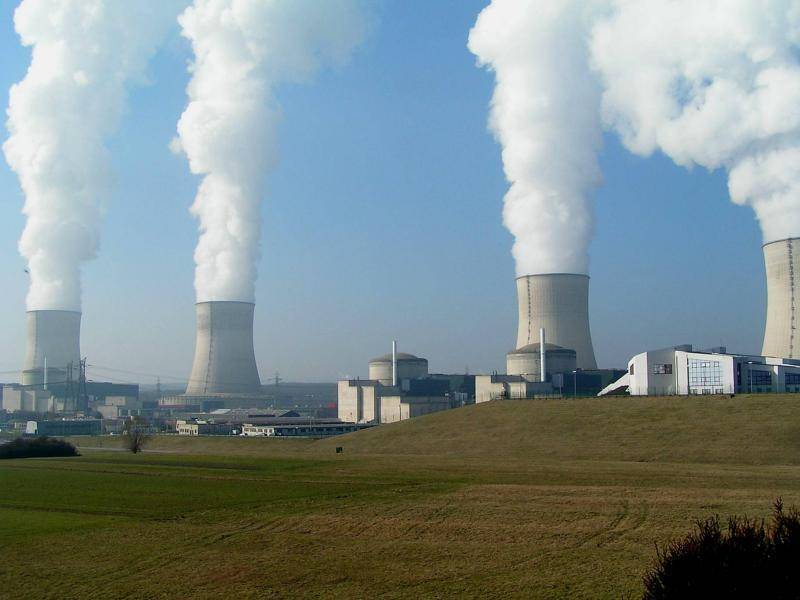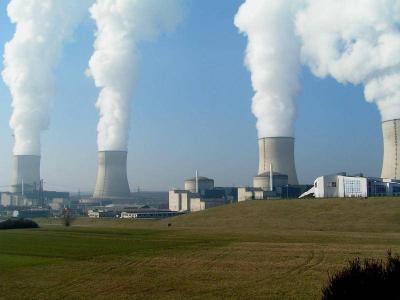The head of Iran's Atomic Energy Organization, Mohammad Eslami, rejected a proposal for the International Atomic Energy Agency (IAEA) Director General Rafael Grossi to visit Iran next month, suggesting instead that Grossi attend a conference in Tehran in May. This week, Grossi indicated that Iran continues to enrich uranium far beyond its commercial needs and stated he intended to visit Tehran next month to discuss the "growing gap" in relations between the agency and the Islamic Republic. However, Eslami mentioned that a visit next month was unlikely due to a "busy agenda" without providing further details. He stated at a weekly press conference in Tehran that "Iran's communication with the IAEA is ongoing normally, and discussions are taking place to resolve ambiguities and develop cooperation."
Eslami noted that Grossi had been invited to the first international conference on nuclear energy in Iran in May. Grossi told Reuters on Monday that Iran is still enriching uranium at a high rate of around seven kilograms per month to a purity of 60%, although the pace of enrichment has slightly slowed since the end of last year. Enriching to a purity level of 60% brings uranium close to weapons-grade, which is not necessary for nuclear power generation for commercial use. Iran denies any intention to acquire nuclear weapons; however, no other country has enriched uranium to this level without producing it. Under the now-defunct 2015 agreement with world powers, Iran could only enrich uranium to 3.67%. Following former President Donald Trump's decision to withdraw the United States from the agreement in 2018 and reimpose sanctions, Iran violated and surpassed the nuclear restrictions set by the agreement. The United Nations' IAEA stated that the nuclear deal signed in 2015 has "almost collapsed."




